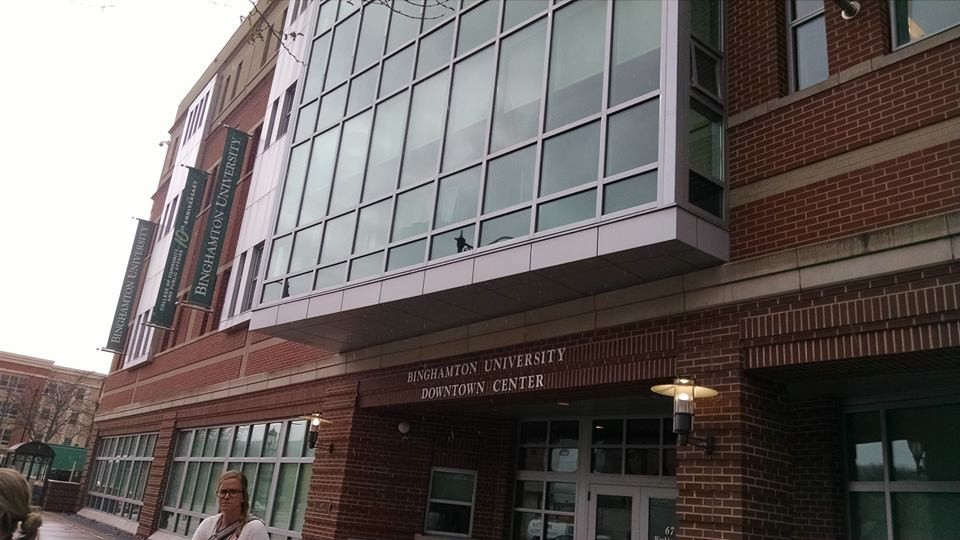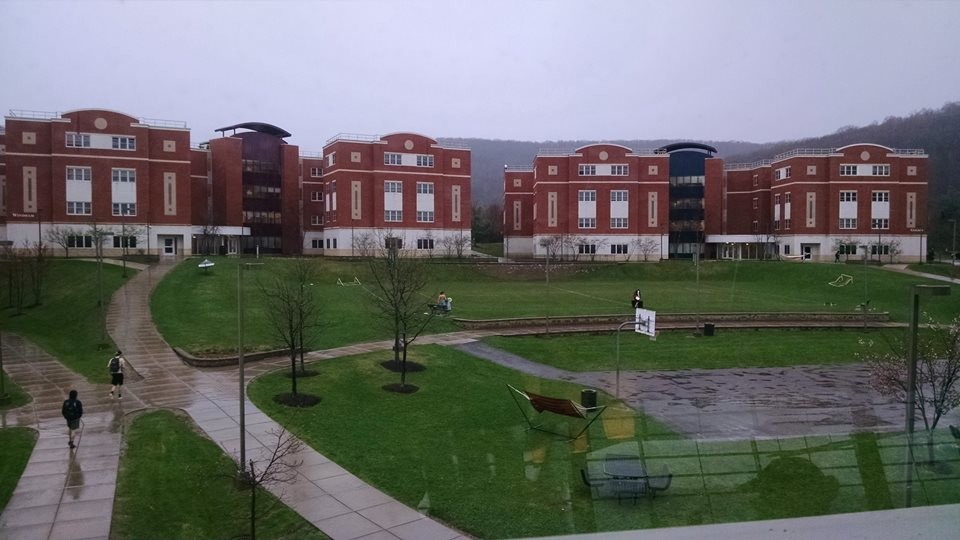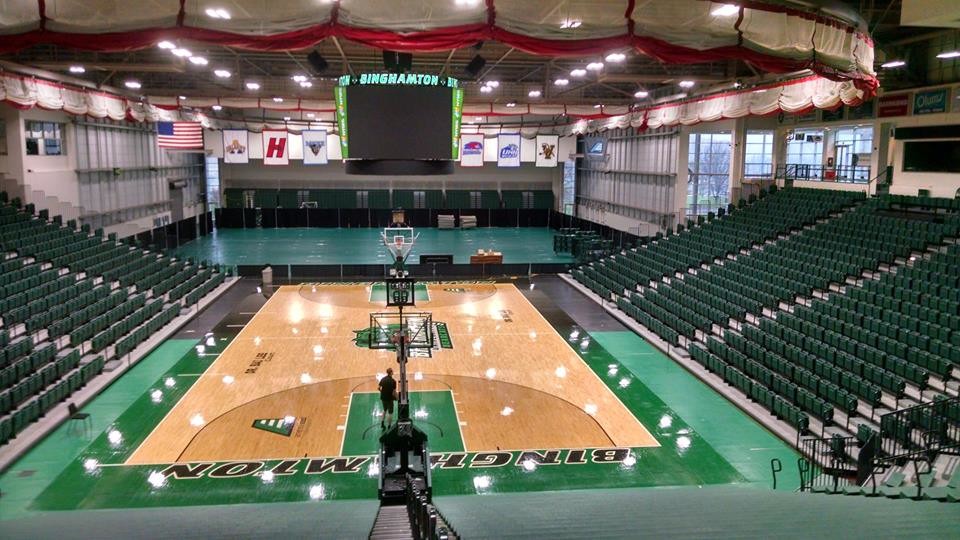 |
| Rider |
Last week I attended a NJACAC panel discussion with admissions
representatives from six colleges: Rutgers, Villanova, NYU, Yale, TCNJ and
Rider. Each representative shared news from their campus.
Rutgers –
- Rutgers had a record-breaking class of 7033 freshmen this fall with an average SAT score of 1300 and an average GPA of 3.7. The top 100 students in the freshman class had an SAT score above 1440.
- This spring marks the first graduating class of the Rutgers Honors College. The average SAT score in the Honors College was 1480.
- In 2020, Rutgers will open a one-stop building to house the registrar, bursar and financial aid offices.
- A new engineering building and a new chemical/chemical biology building opened this year. A new arts building will open on 2019.
- There will be $10 million dollars in new engineering scholarships.
Villanova –
- Villanova has six new residence halls and they have upgraded the gymnasium.
- In January 2020 a new performing arts building will open.
- Fifteen students in the graduating class were awarded Fulbright scholarships.
- The college has a 96% retention rate (freshman to sophomore year).
- Villanova will host the largest student-run Special Olympics.
- The school’s Carnegie classification was changed to Doctoral Universities: Moderate Research Activity.
NYU –
- NYU is adding residence hall space.
- They are focusing on improving student retention by adding a new early warning system.
- They just opened a one-stop building to house the registrar, bursar and financial aid offices.
- NYU is adding more Saturday programs and summer programs for high school students.
Yale –
- Yale had 35507 applicants for a class of 1578 students.
- They admitted 110 students from New Jersey from 1200 applicants.
- A new student center and a new science building will open in 2020.
- Neuroscience and data science are new majors. Neuroscience is the third most popular major.
- Yale does not require the optional essay on the SAT or ACT. The SAT Subject test is not required.
TCNJ –
- The college president retired.
- TCNJ is opening a new STEM building and renovated the Student Center.
- They have added a BA in Biology in addition to the current BS in Biology. They also added a Health major, are starting an Audiology major and will be adding an MBA soon.
Rider –
- Rider has renovated the Bart Luedeke Center, upgraded two residence halls, made improvements to the Business Building, and upgraded the Science and Technology Center. A $20 million addition to the Science and Technology Center will start in 18 months.
- There is a new dining service partner and the dining facility will be renovated next year.
- Rider has 920 freshmen with an average high school GPA of 3.35 and average test score of 1120 on the SAT or 23 on the ACT. The school offers test optional admissions for all except homeschooled students, and students who want to be considered for the Honors programs or full-tuition scholarships. To qualify for a full-tuition scholarship, students must apply Early Action, submit the scholarship essay, have a GPA of 3.5 or higher and an SAT score of 1310 or an ACT score of 28 or higher, complete an audition if one is needed for their major, and participate in an on-campus interview.
- A new Business Analytics major started in January 2018. The Actuarial Science major has been restarted. There is a new Technical Theatre concentration. The school added a BA in Musical Theatre; this is in addition to the very popular BFA program in Musical Theatre.




















